The COVID-19 pandemic provided a reason for millions of Americans to look for new hobbies, and may of them took to gardening. But gardening and growing your own food offers far more than a casual weekend hobby. In this blog we will explore 5 research-backed reasons why you should join them, and get into gardening too!
1. You will make healthier food choices
The process of growing your own food can have a very big (and very positive) impact on the types of food choices we make:
- A study by Cornell University found that children who had been involved in the growing of salad greens were over 4x more likely to want to eat salad greens at lunchtime.
- Meanwhile, the Centre for Research and Environmental Epidemiology in Barcelona found that in 12 schools where children were taught about growing their own food, the kids all increased their fruit and vegetable consumption.
Take pride in your work. Growing food ourselves increase its appeal, and fosters a greater appreciation for quality and freshness. The process of growing food also forces us to think a little more about where the rest of our food comes from, which is almost always likely to steer us toward healthier choices. It’s very difficult to know where a Big Mac comes from and still think that eating one is a good idea!

2. Quality and Nutritional Value
In the United States the average meal travels over 1,500 miles between farm and table. In many parts of the US ‘fresh’ produce travels for at least a week to get to you. Allowing for time spent on a supermarket shelf (1-2 weeks +), then sitting in your refrigerator (1 week?), it’s quite likely that a lot of the produce you’re eating is at least 3-4 weeks old by the time you eat it. There are two main problems with this:
- In anticipation of these lengthy storage and transit times, food is harvested before it’s ripe. In nature, plants use color, smell, flavor and nutritional value to increase their appeal to animals, who in return provide a seed distribution service. Harvesting and eating food while it is still ‘green’ and before it has had a chance to ripen means that that fruit or vegetable has been deprived of an opportunity to reach its peak taste, texture, and nutritional value. We, humans, are the only species in the world silly enough to ignore the ‘ripeness’ signals that plants give us.
- The moment a plant is harvested it starts to decompose. Although calories and carbohydrates transport and age well, vitamins and nutrients do not. In fact, most produce loses 30 percent of nutrients three days after harvest. Research by Penn State University showed that spinach lost 53% of its folate after 8 days stored in a refrigerator.

Source: Urban Leaf
So although that 4 week old vegetable on the supermarket shelf may ‘look’ nice, analysis of its nutritional content would reveal that in many cases you’re eating crunchy water.
3. Your money goes to things that matter
In the United States only about 10.4 cents of every dollar we spend on food actually goes to primary producers; farmers. The other 89.6 cents is spent on things that, in many cases, we neither want nor need. Processing (the addition of fats, sugars and artificial flavors), packaging and advertising. Why pay someone to add garbage to your food that compromises its quality, and in many cases can lead to increased risk of diet related disease?

Source: USDA
When you grow your own food, you can be sure that 100% of the time, effort and energy invested in it goes towards things that matter to you: freshness, health, quality, taste and nutritional value. No one else in the world cares as much about the implications of what you put into your body as you do (well, except maybe your Mom ;)).
4. Just living with plants, even if we don’t eat them, makes us healthier and more productive
The indirect benefits of living with plants are so vast and far-reaching that we actually wrote an entire blog post about it last year. Living with plants:
- Improves focus and attention – studies have found that having plants and greenery in the workplace can improve well-being (+15%), raise productivity (+6%) and boost creativity (+15%).
- Reduces stress and anxiety – gardening for 30 minutes can do more to reduce stress than the same amount of time spent reading (not that we’re suggesting you shouldn’t read as well!)
- Promotes physical health – Healthy people in both classrooms and workplaces have reported 21-34% fewer health problems when they worked in rooms that contained plants. Bet your gym membership can’t claim those sorts of benefits??
5. You become part of a more diverse, resilient, and ethical food system
Today’s food industry is designed to create the illusion of abundance and choice, but the reality couldn’t be further from the truth.
- Two-thirds of human food consumption comes from just 3 crops: rice, corn, and wheat.
- In 1840, nearly 70% of the population were farmers. Today it’s less than 2%. Mechanization and the industrialization of food have drastically reduced the cost of food, but it has also meant that the knowledge required to grow foods has become incredibly scarce.
Our food system is typified by a ridiculously small number of people growing an insanely small number of crops. When you consider just how ‘specialized’ parts of our food industry are, and their vulnerability to climate changes, we should anticipate that very large parts of our food production industry are going to be incapacitated by things like temperature increases and drought in the years and decades ahead. Livelihoods will be challenged, families torn apart, national borders contested, and populations forced to migrate. This is in fact already happening in many parts of the world.
If you’d like to learn more about indoor gardening, or growing food in small spaces, you can sign up for our email list below.

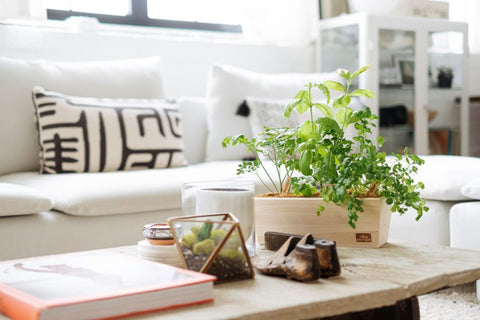


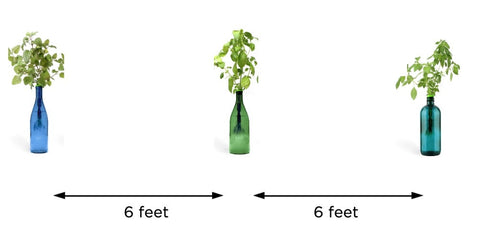


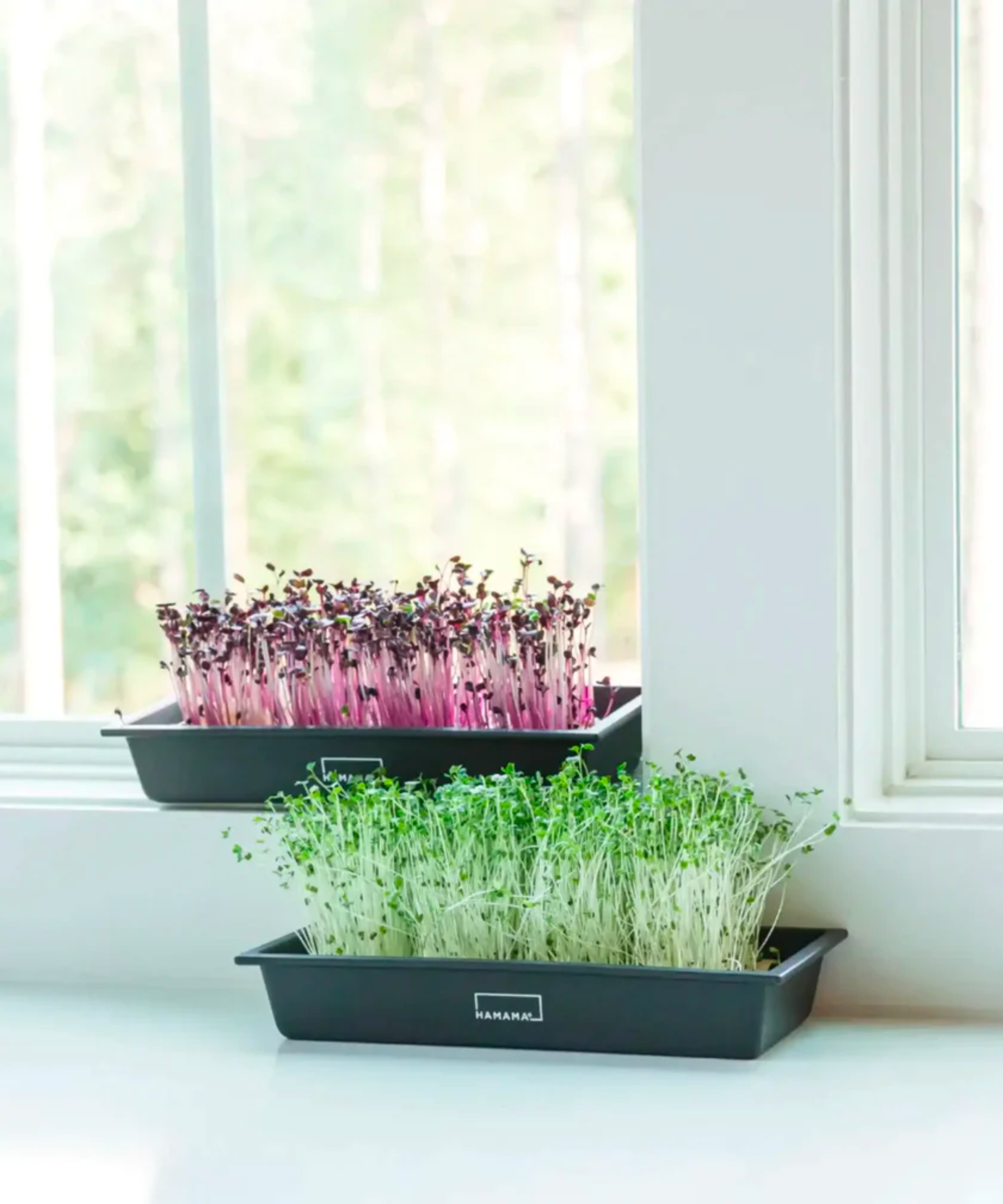
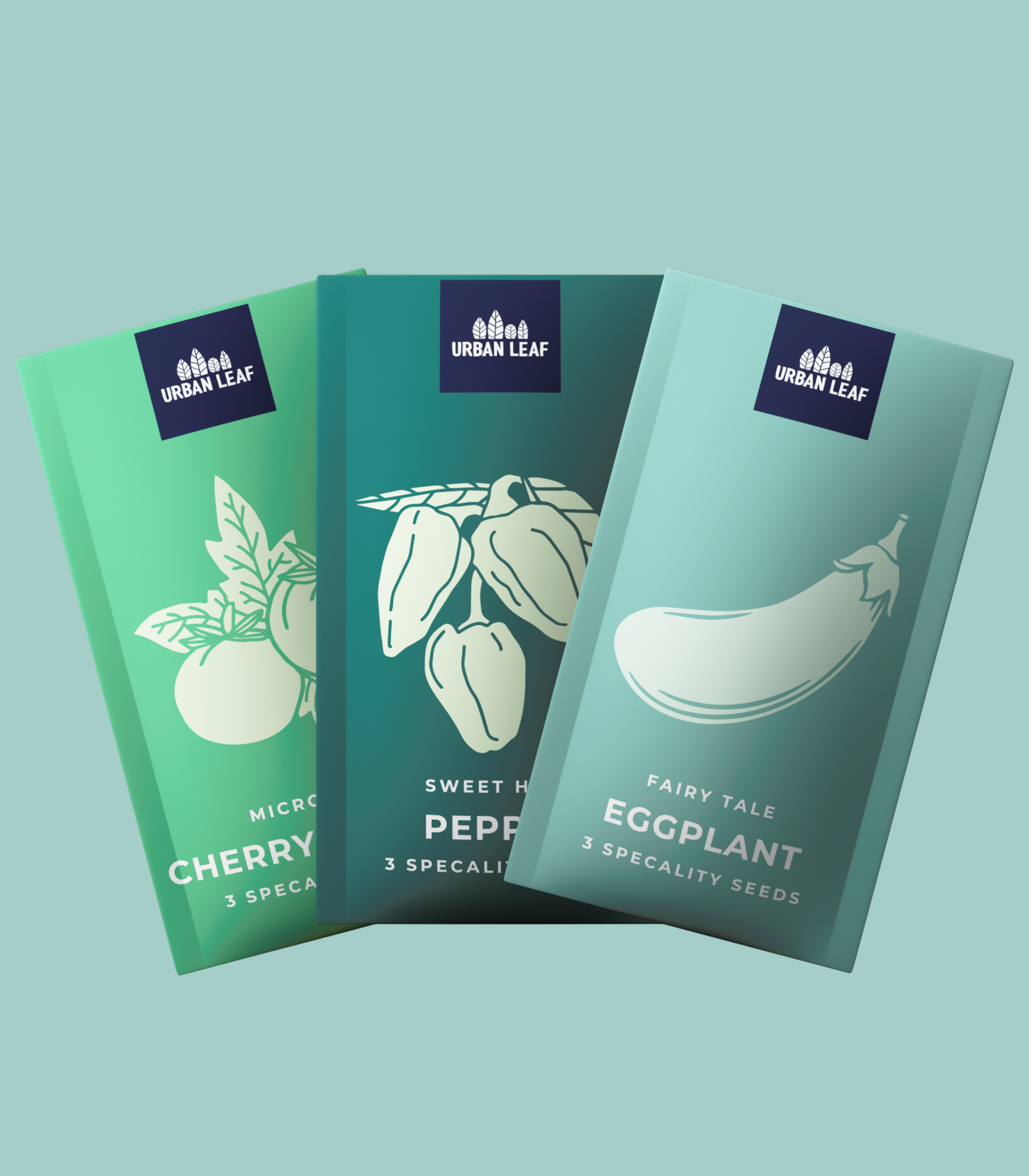
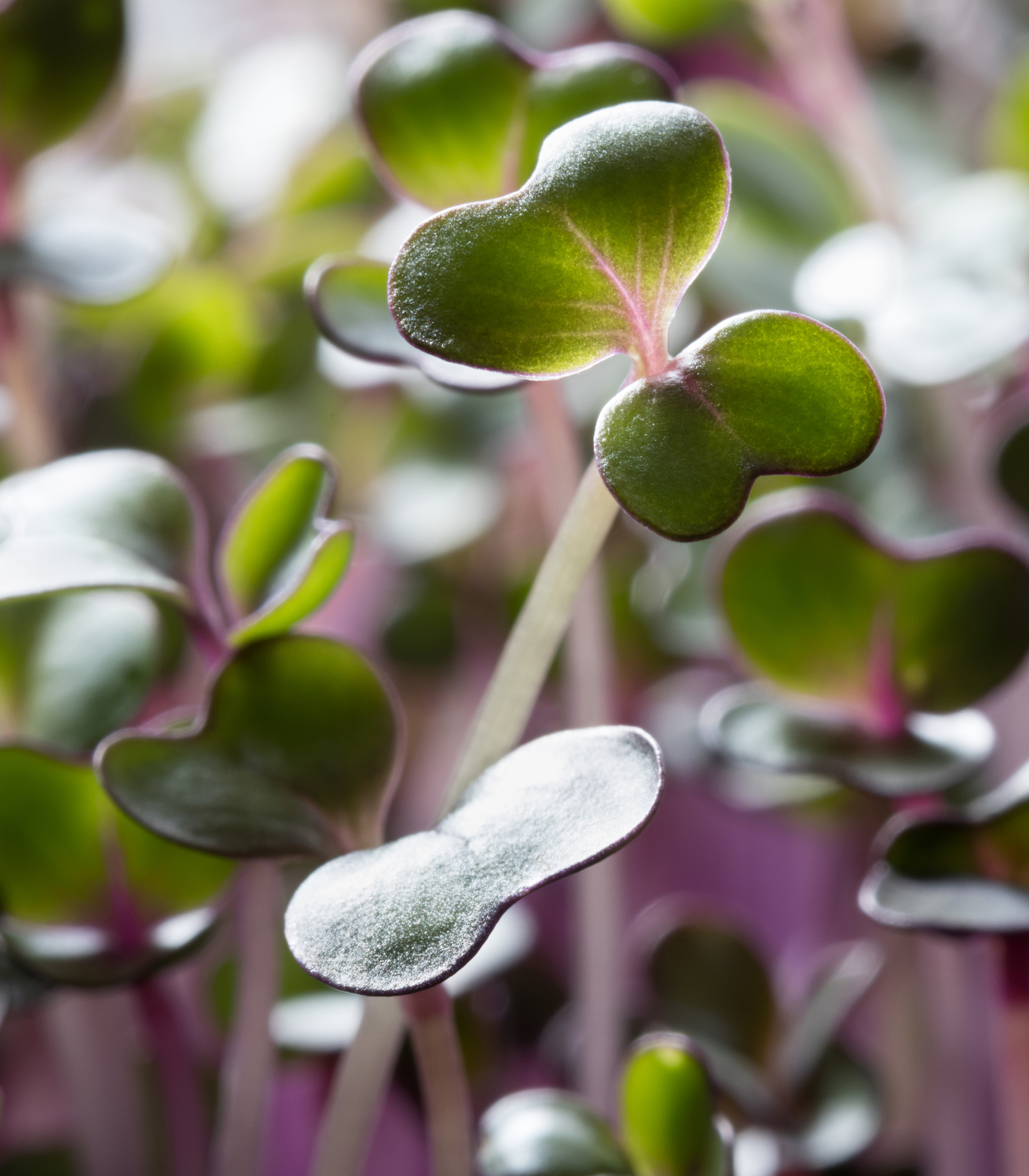


There are no comments for this article. Be the first one to leave a message!